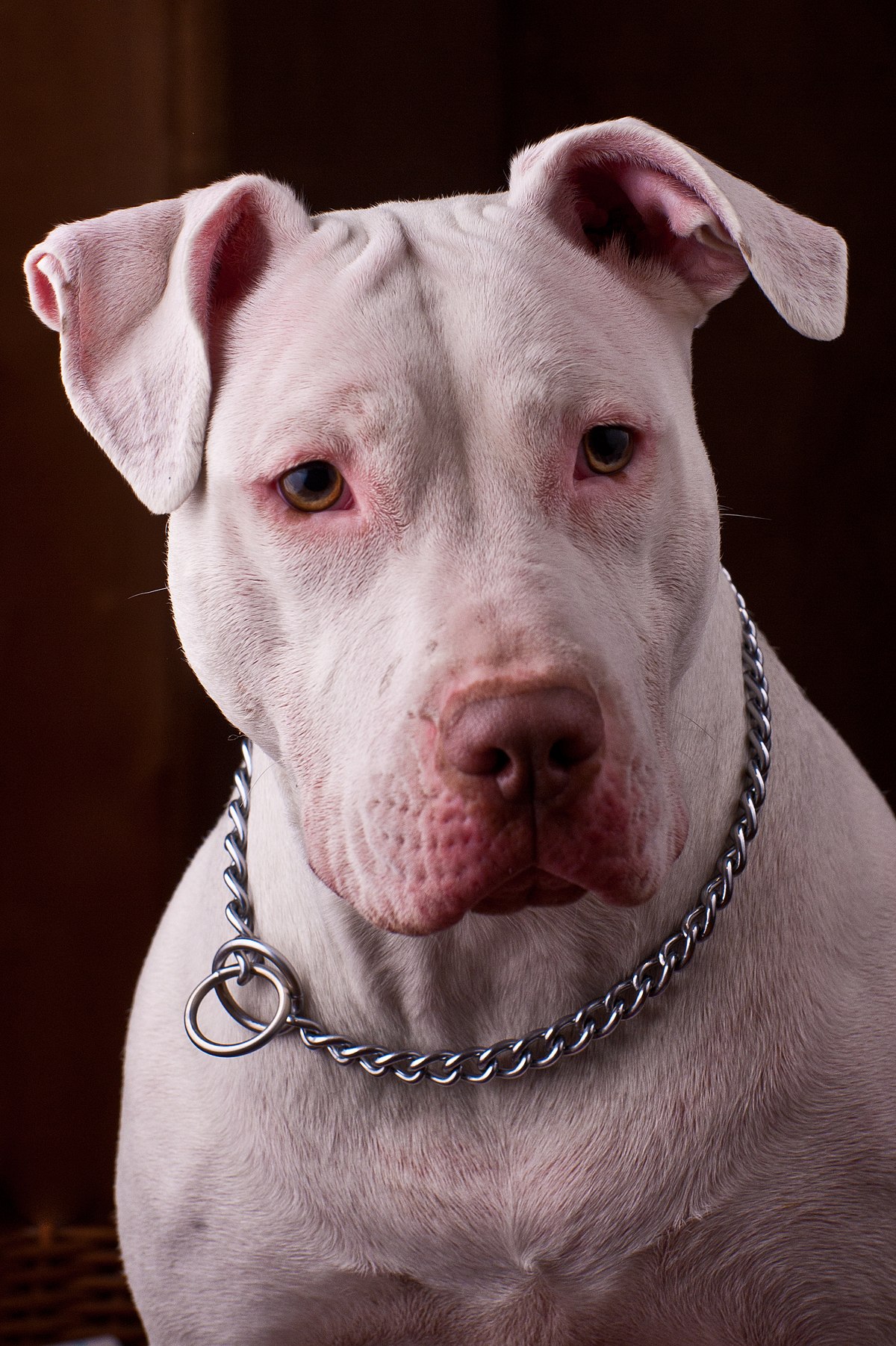The Pitbull, a breed often misunderstood, has a rich and diverse ethnic background that is often overlooked. Despite their reputation, these dogs are deeply rooted in history and culture, showcasing a blend of influences that contribute to their unique identity. In this article, we will explore the origins of the Pitbull, delve into their various ethnic backgrounds, and uncover the truth behind the myths surrounding this beloved breed.
As we embark on this journey, it is crucial to recognize that the Pitbull is not a single breed, but rather a category comprising several breeds, including the American Pit Bull Terrier, American Staffordshire Terrier, and Staffordshire Bull Terrier. Each of these breeds has its own unique lineage and ethnic influences, which have shaped their characteristics and temperament over time. Understanding the Pitbull's ethnic background allows us to appreciate the complexities of this breed and the role it has played in human history.
Throughout the years, the perception of Pitbulls has shifted, often leading to stigma and misconceptions. However, by examining their ethnic background and historical significance, we can dispel these myths and gain a deeper understanding of the breed's true nature. Join us as we explore the rich tapestry that is the Pitbull's ethnic background, shedding light on their heritage and the contributions they have made to society.
What is the Origin of the Pitbull Ethnic Background?
The origins of the Pitbull can be traced back to the early 19th century in England, where they were bred from a combination of bulldogs and terriers. This breeding was a result of the need for a versatile working dog that could assist in various tasks, including farm work and hunting. The ethnic background of the Pitbull is primarily linked to the following breeds:
- Bull and Terrier breeds: These dogs were bred for their strength, agility, and tenacity.
- English Bulldog: Known for its stocky build and gentle temperament, the bulldog contributed to the Pitbull's physical characteristics.
- Various terrier breeds: These breeds enhanced the Pitbull's energy, intelligence, and drive.
How Did the Ethnic Background Influence the Pitbull’s Temperament?
The diverse ethnic background of the Pitbull has a significant impact on its temperament. The breed is known for its loyalty, intelligence, and eagerness to please, traits that can be attributed to their mixed lineage. The following factors contribute to the Pitbull's temperament:
- Loyalty: Pitbulls are known for forming strong bonds with their families, often displaying unwavering loyalty.
- Intelligence: The breed is highly trainable, making them excellent companions and working dogs.
- Energy and Playfulness: Pitbulls are energetic and require regular exercise, which reflects their terrier heritage.
What are the Common Misconceptions about the Pitbull Ethnic Background?
Despite their positive traits, Pitbulls often face negative stereotypes that stem from misunderstanding their ethnic background. Some common misconceptions include:
- All Pitbulls are aggressive: While some individuals may exhibit aggressive behavior, it is essential to recognize that aggression is not a breed-wide trait.
- They are inherently dangerous: The perception of danger often arises from irresponsible ownership and improper training.
- They are not suitable as family pets: Many Pitbulls thrive in family environments, displaying affection and gentleness towards children.
What Role Did Pitbulls Play in History?
The role of Pitbulls in history is multifaceted, showcasing their versatility and adaptability. Historically, these dogs were used for:
- Farm Work: Pitbulls were employed on farms to manage livestock and protect property.
- Companionship: They earned the reputation of being family dogs, known for their loyalty and protective nature.
- War Dogs: During World War I, Pitbulls served as messenger dogs, showcasing their intelligence and bravery.
How Has the Pitbull Ethnic Background Evolved Over Time?
The ethnic background of the Pitbull has evolved significantly over the years, primarily due to selective breeding practices. As society's needs changed, so did the focus on breeding. Key developments include:
- Shift in Purpose: As the need for working dogs diminished, Pitbulls were often bred for companionship, leading to changes in temperament.
- Increased Regulation: Breed-specific legislation in some areas has influenced breeding practices and the perception of Pitbulls.
- Advocacy and Education: Organizations dedicated to promoting responsible ownership and understanding of the breed have emerged, aiming to reshape public perception.
What is the Current State of the Pitbull Ethnic Background?
Today, the Pitbull ethnic background comprises a blend of historical influences and modern breeding practices. The breed continues to evolve, with a focus on responsible breeding and education. Factors influencing the current state include:
- Advocacy Groups: Organizations such as the American Pit Bull Foundation work to promote positive awareness of the breed.
- Responsible Ownership: Education on training, socialization, and care is essential in fostering well-adjusted Pitbulls.
- Legislation Changes: Some areas are reconsidering breed-specific laws, allowing for a more inclusive view of Pitbulls in society.
What is the Future of the Pitbull Ethnic Background?
The future of the Pitbull ethnic background looks promising as awareness and understanding of the breed continue to grow. Efforts aimed at promoting responsible pet ownership and education are crucial in shaping a positive narrative around Pitbulls. Some key considerations for the future include:
- Continued Advocacy: Organizations dedicated to Pitbull welfare will play a vital role in reshaping perceptions.
- Focus on Training: Emphasizing the importance of training and socialization will help mitigate behavioral issues.
- Community Engagement: Building positive relationships between Pitbull owners and their communities will foster acceptance and understanding.
Conclusion: Embracing the Pitbull Ethnic Background
In conclusion, understanding the Pitbull ethnic background is essential in appreciating the breed's rich history and heritage. By recognizing their origins, contributions, and the challenges they face, we can work towards a future where Pitbulls are embraced for their unique qualities and unwavering loyalty. The journey to dispelling myths and promoting positive awareness of this incredible breed begins with education and advocacy, paving the way for a brighter future for Pitbulls everywhere.
Article Recommendations
- East Multnomah Soil And Water Conservation District
- Tiktok Keeps Buffering
- Germania Insurance Amphitheater


